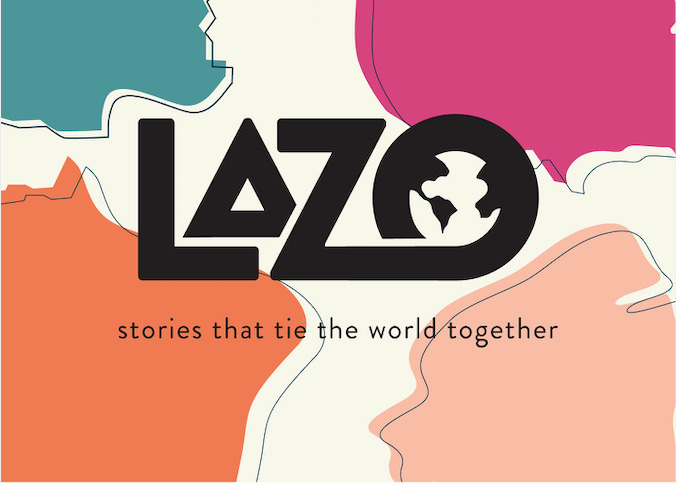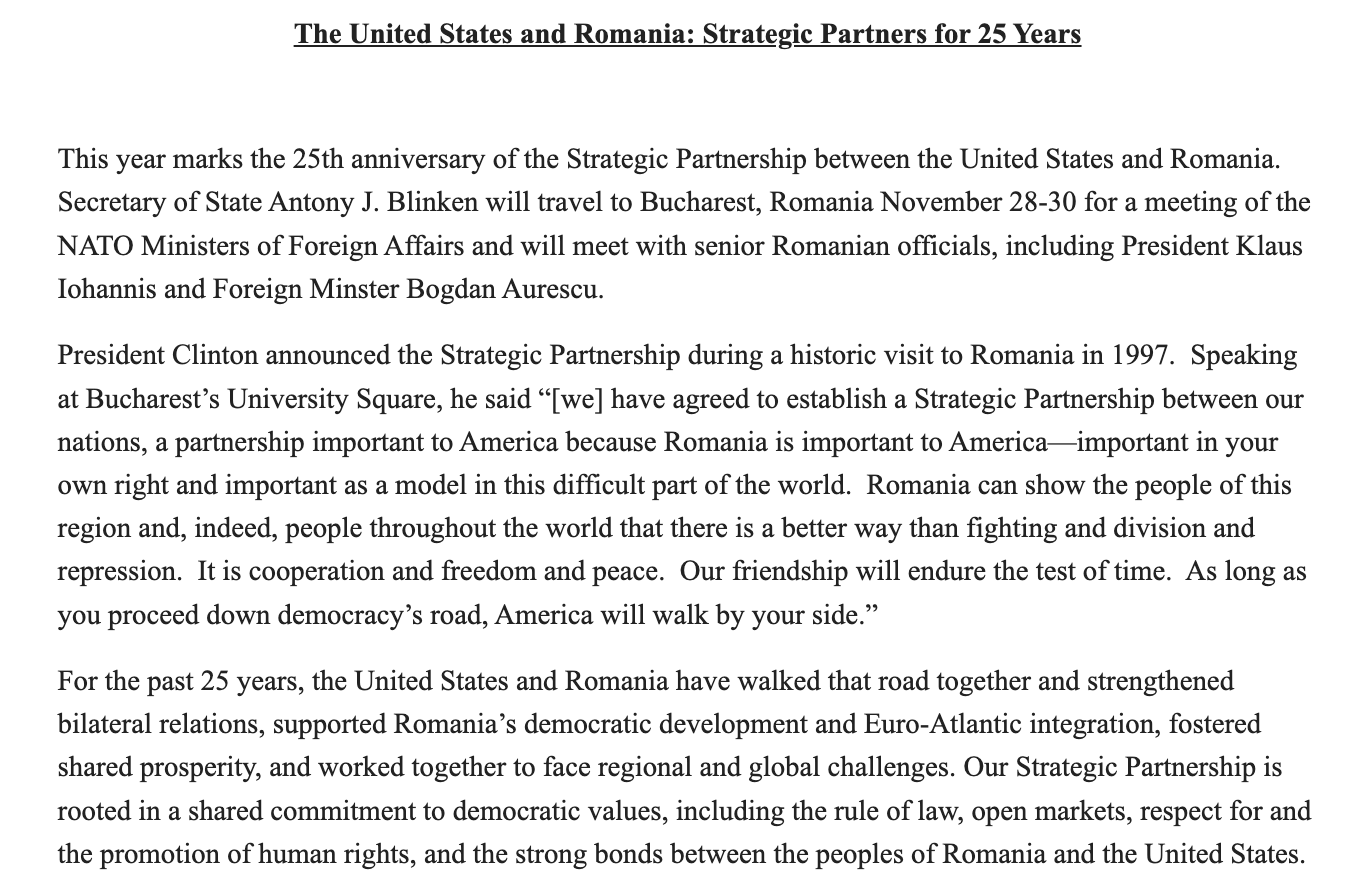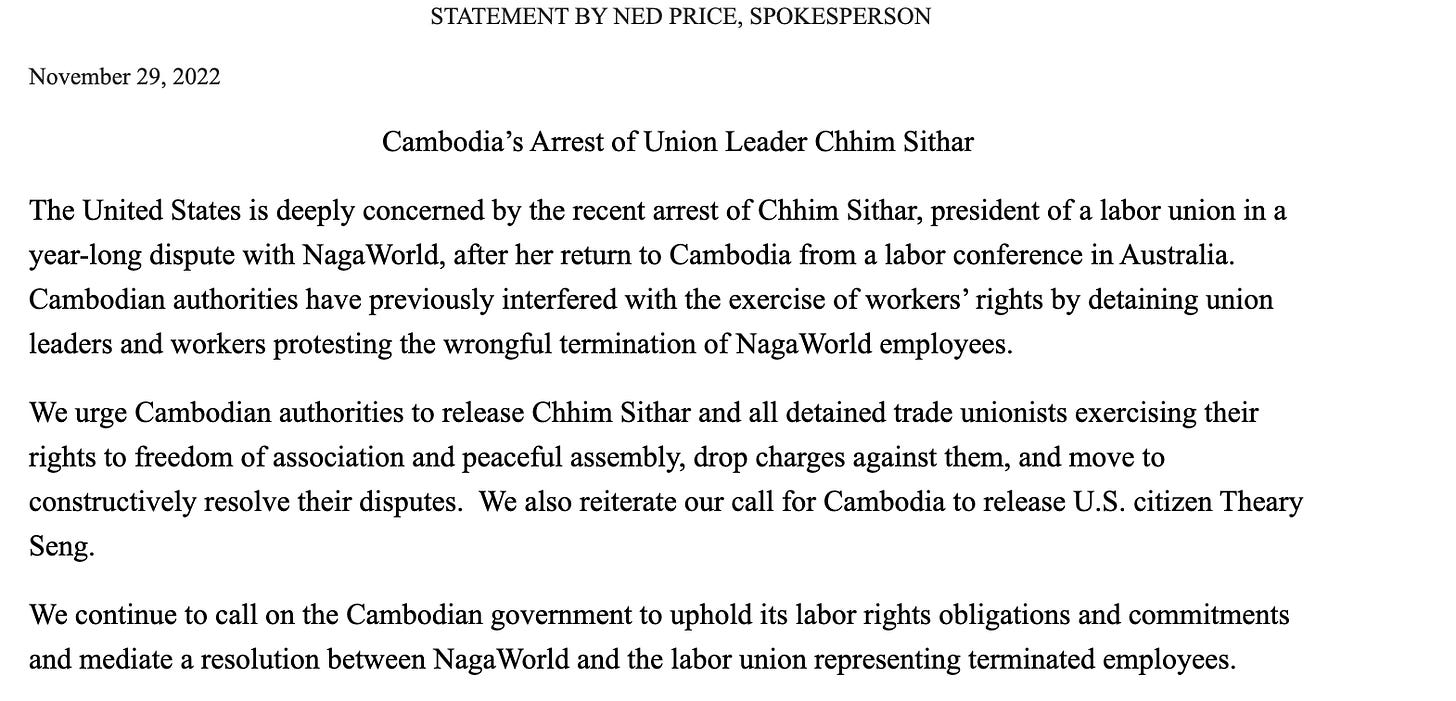Where are you?
I took a quick peek at Google analytics this week to see where Lazo Letters readers are. This is what I discovered:
These are the top 10 countries where our readers are these days. If you're in any of these countries, please give me a shout! You can join the member discussion if you're a subscriber. Let me know how you found the newsletter, what you'd like to see more of, and if anything is happening in your country that I may have missed.
It's been nearly six months since I launched the 195 series, where I take you on a mini-tour of every country and maybe some places that want to be countries. Each week I feature a new location. The point is to learn and nurture our curiosity about the wider world. Here's what we've covered so far:
1) Afghanistan
2) Albania
3) Algeria
4) Andorra
5) Angola
7) Argentina
8) Armenia
9) Australia
10) Austria
11) Azerbaijan
12) Bahamas
13) Bahrain
14) Bangladesh
15) Barbados
If you enjoy this project, please consider subscribing for $2 a month or $22 a year. Here's the link to copy and paste in your browser: https://lazo-letters.ghost.io/#/portal/signup.
The more people subscribe, the more I can do with the newsletter, like hire someone to help me bring you more exclusive interviews or build the website while I'm reporting. So if you love Lazo Letters and want to see it grow, money is an excellent way to help us do that. Or you can also share this newsletter with a friend—bonus points for forwarding this to someone who isn't in one of the top 10 countries.
More next week! ✌️
Cristina
What I'm writing:
Today's National Journal front page. Read Wednesday's edition here: https://t.co/pAf2defISw pic.twitter.com/iYRzjtq8B4
— Mackenzie Weinger (@mweinger) November 30, 2022
• Republican lawmakers want more information about how the Biden administration spends money on Ukraine. But Congress already appropriated millions for Inspectors General. Here's a look at the fight over oversight and what to expect in the next Congress. This article is free to read.
What I'm reading:
• Here's a fun article on 10 of the world's strangest borders. There's a Bosnia-Croatia shoutout in here.
• Russia’s expansion of its “foreign agents” law came into force this week, CNN reports. The original 2012 law required organizations engaging in political activity and receiving funding from abroad to register as foreign agents and adhere to draconian restrictions.
• Vessels linked to Russia’s largest grain trader shipped thousands of tons of stolen Ukrainian grain to global buyers, an investigation by the Wall Street Journal found.
• Swiss authorities say they have been notified of 46.1 billion francs ($48.5 billion) in assets held by Russian nationals and entities in the country since the international community introduced sanctions earlier this year, ABC reports.
• Poland will require Ukrainian refugees to begin paying for some of their government-provided housing and food by early next year, the New York Times reports.
• The European Commission proposed freezing more than €13 billion of EU funds for Hungary over concerns about democratic weaknesses and failures to tackle corruption, the Guardian reports.
• Hungarian Prime Minister Viktor Orbán's ruling party Fidesz used citizens' data from COVID-19 vaccine signups to spread Fidesz campaign messages before Hungary's election in April 2022, according to a report by Human Rights Watch.
• A flash drive containing classified data, reportedly discovered hidden in the anus of an agent trying to cross the Ukrainian-Hungarian border, illustrates how Hungary has become a hub for Russian spying, Balkan Insight reports.
• Democracy in Hungary and Poland continues to backslide — but Moldova is a “bright spot,” according to the Global State of Democracy report published by the International Institute for Democracy and Electoral Assistance. Politico Europe has the report.
• Britain’s ‘eco-warrior’ cyclists face digital death threats as debates rage over who owns the roads, Coda Story reports.
• Major news outlets called on the U.S. government to drop some of its charges against WikiLeaks founder Julian Assange. In a joint open letter, The New York Times, The Guardian, Le Monde, Der Spiegel, and El País said the prosecution of Assange under the Espionage Act “sets a dangerous precedent” that threatens to undermine the First Amendment and freedom of the press.
• Israeli Prime Minister-designate Benjamin Netanyahu reached a coalition deal with the far-right Religious Zionism Party – which supports illegal settlements on the occupied Palestinian territories, Al Jazeera reports.
• Politico Europe has a piece on Iranian LGBTQ+ activists in exile in Turkey.
• The Iranian government has stepped up its effort to kidnap and kill government officials, journalists, and dissidents around the world, including in the U.S., the Washington Post reports.
• The commander in chief of the Islamic Revolutionary Guard Corps, Major General Hossein Salami, visited Iran's eastern province Sistan-Baluchistan to warn locals against further unrest, the Wall Street Journal reports. The region is home to Iran’s Baloch Sunni Muslim minority.
• Iraqi Prime Minister Mohammed al-Sudani said his country would tighten security cooperation with Iran, the Wall Street Journal reports. The announcement comes after Tehran strengthened its military presence along its western border to prevent the infiltration of Kurdish groups in northern Iraq.
• The U.S. Treasury granted Chevron a license for a limited expansion of energy operations in Venezuela after talks between Venezuela’s authoritarian president Nicolás Maduro and the country's opposition resumed in Mexico, the New York Times reports.
• Venezuela has been exporting oil despite U.S. sanctions, using false documents to conceal the oil’s origin, Reuters reports.
• Biden administration officials are pushing to send multinational armed forces to Haiti to quell the tumult in the country. However, the U.S. does not want its troops included in the force, the New York Times reports.
• The defeat of Taiwan’s ruling party in local elections could reduce the chances of military conflict with China, the Wall Street Journal reports. Voters rebuked the ruling Democratic Progressive Party, leading Taiwan's President Tsai Ing-wen to resign. The opposition National Party, which is more friendly to Beijing, scored big wins.
• Internet users in China will soon be held liable for liking posts deemed illegal or harmful, CNN reports.
• Chinese authorities are moving to ease strict “zero-Covid” controls, in an apparent response to a nationwide wave of protests that have otherwise been suppressed, NBC News reports.
• South Africa’s ruling African National Congress met to decide the fate of the country’s president Cyril Ramaphosa, the Financial Times reports. The meeting follows a report which concluded that Ramaphosa may have broken the law in attempting to cover up a robbery at his farm in 2020.
What the State Department says:
You can write to me for any reason at: c.maza@protonmail.com.








